Here are my favorite poems about grief categorized:
- Famous poems about grief
- Poems about grief and love
- Poems about grief and healing
So if you want the best poems about grief, then you’re in the right place.
Let’s get started!

Heart-Wrenching Poems About Grief
Welcome to our collection of poignant verses that touch on the universal experience of loss and bereavement.
These are words that echo the human condition, from some of the world’s most renowned poets to contemporary reflections, each piece delves deep into the heart of sorrow.
But grief, as we know, is not the end of the story.
In this collection specially compiled for you, you’ll find inspiring lines that illuminate the path from despair to resilience, reminding us that even in darkness, there is light.
Experience the solace and comfort of finding all these grieving poems in one place here.
Let’s dive into it!
My #1 Favorite Poem About Grief
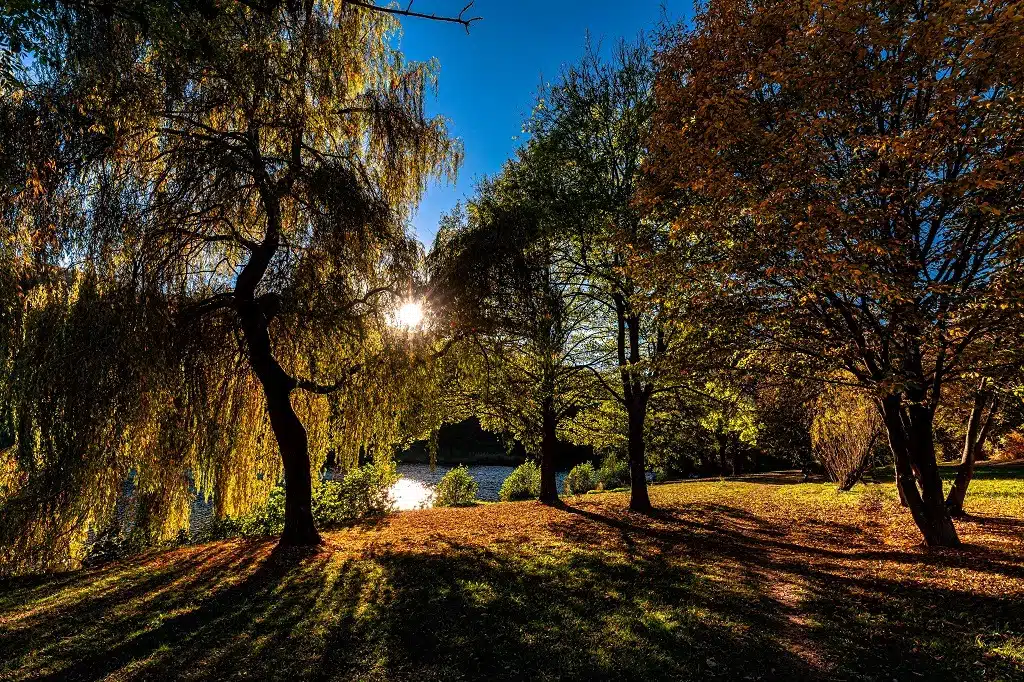
“The End” by Amy Lowell
Throughout the echoing chambers of my brain
I hear your words in mournful cadence toll
Like some slow passing-bell which warns the soul
Of sundering darkness. Unrelenting, fain
To batter down resistance, fall again
Stroke after stroke, insistent diastole,
The bitter blows of truth, until the whole
Is hammered into fact made strangely plain.
Where shall I look for comfort? Not to you.
Our worlds are drawn apart, our spirit’s suns
Divided, and the light of mine burnt dim.
Now in the haunted twilight I must do
Your will. I grasp the cup which over-runs,
And with my trembling lips I touch the rim.
Famous Poems About Grief
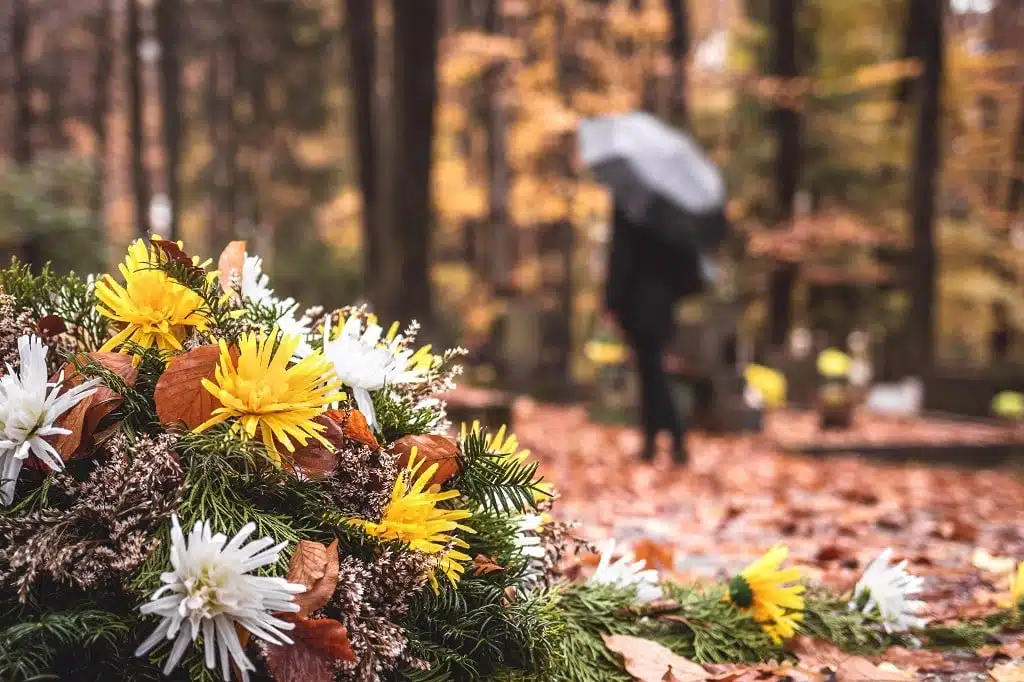
“Sunshine After Cloud” by Josephine D. Heard
Come, “Will,” let’s be good friends again,
Our wrongs let’s be forgetting,
For words bring only useless pain,
So wherefore then be fretting.
Let’s lay aside imagined wrongs,
And ne’er give way to grieving,
Life should be filled with joyous songs,
No time left for deceiving.
I’ll try and not give way to wrath,
Nor be so often crying;
There must some thorns be in our path,
Let’s move them now by trying.
How, like a foolish pair were we,
To fume about a letter;
Time is so precious, you and me;
Must spend ours doing better.
“Grief” by Elizabeth Barrett Browning
I tell you, hopeless grief is passionless;
That only men incredulous of despair,
Half-taught in anguish, through the midnight air
Beat upward to God’s throne in loud access
Of shrieking and reproach. Full desertness,
In souls as countries, lieth silent-bare
Under the blanching, vertical eye-glare
Of the absolute Heavens. Deep-hearted man, express
Grief for thy Dead in silence like to death
Most like a monumental statue set
In everlasting watch and moveless woe
Till itself crumble to the dust beneath.
Touch it; the marble eyelids are not wet:
If it could weep, it could arise and go.
“A Lament” by Percy Bysshe Shelley
O World! O Life! O Time!
On whose last steps I climb,
Trembling at that where I had stood before;
When will return the glory of your prime?
No more -Oh, never more!
Out of the day and night
A joy has taken flight:
Fresh spring, and summer, and winter hoar
Move my faint heart with grief, but with delight
No more -Oh, never more!

“Nothing Gold Can Stay” by Robert Frost
Nature’s first green is gold,
Her hardest hue to hold.
Her early leaf’s a flower;
But only so an hour.
Then leaf subsides to leaf,
So Eden sank to grief,
So dawn goes down to day
Nothing gold can stay.
“The Last Smile” by John Ruskin
She sat beside me yesternight,
With lip and eye so sweetly smiling,
So full of soul, of life, of light,
So beautifully care-beguiling,
That she had almost made me gay,
Had almost charmed the thought away
(Which, like the poisoned desert wind,
Came sick and heavy o’er my mind),
That memory soon mine all would be,
And she would smile no more for me.
“A Farewell” by Alfred Tennyson
Flow down, cold rivulet, to the sea,
Thy tribute wave deliver:
No more by thee my steps shall be,
For ever and for ever.
Flow, softly flow, by lawn and lea,
A rivulet then a river:
Nowhere by thee my steps shall be
For ever and for ever.
But here will sigh thine alder tree
And here thine aspen shiver;
And here by thee will hum the bee,
For ever and for ever.
A thousand suns will stream on thee,
A thousand moons will quiver;
But not by thee my steps shall be,
For ever and for ever.
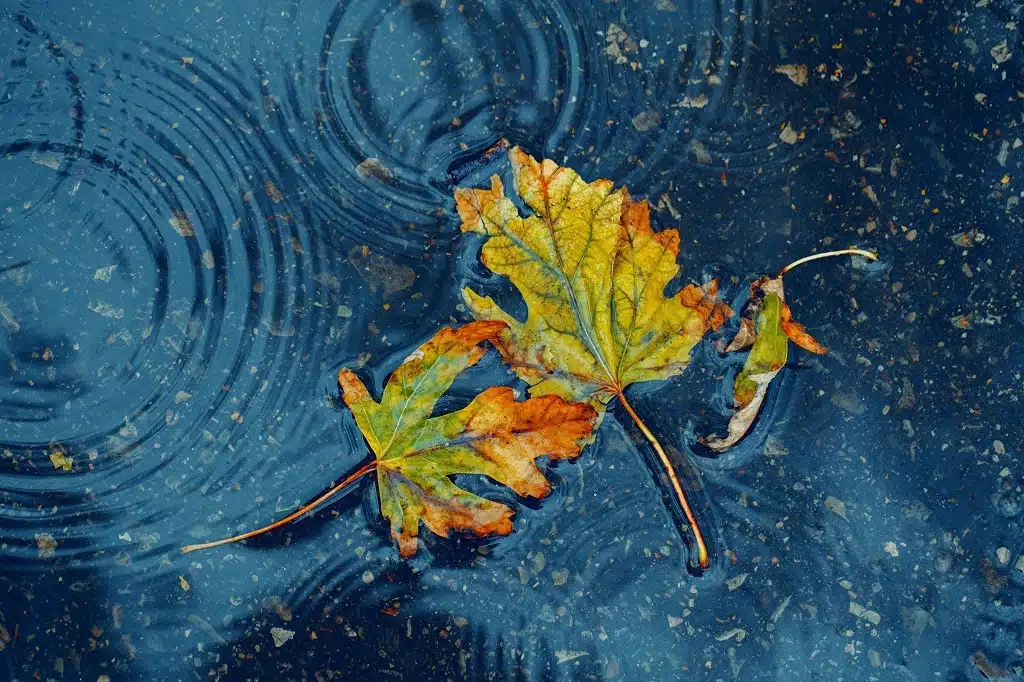
“Brooding Grief” by D. H. Lawrence
A yellow leaf from the darkness
Hops like a frog before me.
Why should I start and stand still?
I was watching the woman that bore me
Stretched in the brindled darkness
Of the sick-room, rigid with will
To die: and the quick leaf tore me
Back to this rainy swill
Of leaves and lamps and traffic mingled before me.
“Grief, Thou Hast Lost An Ever-Ready Friend” by William Wordsworth
Grief, thou hast lost an ever-ready friend
Now that the cottage Spinning-wheel is mute;
And Care, a comforter that best could suit
Her froward mood, and softliest reprehend;
And Love, a charmer’s voice, that used to lend,
More efficaciously than aught that flows
From harp or lute, kind influence to compose
The throbbing pulse, else troubled without end:
Even Joy could tell, Joy craving truce and rest
From her own overflow, what power sedate
On those revolving motions did await
Assiduously to soothe her aching breast;
And, to a point of just relief, abate
The mantling triumphs of a day too blest.
“Methought I Saw My Late Espoused Saint – Sonnet 23” by John Milton
Methought I saw my late espoused saint
Brought to me, like Alcestis, from the grave,
Whom Jove’s great son to her glad husband gave,
Rescu’d from death by force, though pale and faint.
Mine, as whom wash’d from spot of child-bed taint
Purification in the old Law did save,
And such as yet once more I trust to have
Full sight of her in Heaven without restraint,
Came vested all in white, pure as her mind;
Her face was veil’d, yet to my fancied sight
Love, sweetness, goodness, in her person shin’d
So clear as in no face with more delight.
But Oh! as to embrace me she inclin’d,
I wak’d, she fled, and day brought back my night.
“Sorrow and the Flowers (Excerpt)” by Abram Joseph Ryan
A garland for a grave! Fair flowers that bloom,
And only bloom to fade as fast away,
We twine your leaflets ’round our Claudia’s tomb,
And with your dying beauty crown her clay.
Ye are the tender types of life’s decay;
Your beauty, and your love-enfragranced breath,
From out the hand of June, or heart of May,
Fair flowers! tell less of life and more of death.
My name is Sorrow. I have knelt at graves,
All o’er the weary world for weary years;
I kneel there still, and still my anguish laves
The sleeping dust with moaning streams of tears.
And yet, the while I garland graves as now,
I bring fair wreaths to deck the place of woe;
Whilst joy is crowning many a living brow,
I crown the poor, frail dust that sleeps below.
She was a flower — fresh, fair and pure, and frail;
A lily in life’s morning. God is sweet;
He reached His hand, there rose a mother’s wail;
Her lily drooped: ’tis blooming at His feet.
Where are the flowers to crown the faded flower?
I want a garland for another grave;
And who will bring them from the dell and bower,
To crown what God hath taken, with what heaven gave?
As though ye heard my voice, ye heed my will;
Ye come with fairest flowers: give them to me,
To crown our Claudia. Love leads memory still,
To prove at graves love’s immortality.
(A Memorial Wreath to C. F.)

“Song” by Christina Rossetti
When I am dead, my dearest,
Sing no sad songs for me;
Plant thou no roses at my head,
Nor shady cypress tree:
Be the green grass above me
With showers and dewdrops wet;
And if thou wilt, remember,
And if thou wilt, forget.
I shall not see the shadows,
I shall not feel the rain;
I shall not hear the nightingale
Sing on, as if in pain:
And dreaming through the twilight
That doth not rise nor set,
Haply I may remember,
And haply may forget.
“Emily Brontë” by Louise Imogen Guiney
What sacramental hurt that brings
The terror of the truth of things
Had changed thee? Secret be it yet.
’T was thine, upon a headland set,
To view no isles of man’s delight,
With lyric foam in rainbow flight,
But all a-swing, a-gleam, mid slow uproar,
Black sea, and curved uncouth sea-bitten shore.
“Hamlet: To Be, or Not To Be” by William Shakespeare
To be, or not to be: that is the question:
Whether ’tis nobler in the mind to suffer
The slings and arrows of outrageous fortune,
Or to take arms against a sea of troubles,
And by opposing end them? To die: to sleep;
No more; and by a sleep to say we end
The heart-ache and the thousand natural shocks
That flesh is heir to, ’tis a consummation
Devoutly to be wish’d. To die, to sleep;
To sleep: perchance to dream: ay, there’s the rub;
For in that sleep of death what dreams may come
When we have shuffled off this mortal coil,
Must give us pause: there’s the respect
That makes calamity of so long life;
For who would bear the whips and scorns of time,
The oppressor’s wrong, the proud man’s contumely,
The pangs of despised love, the law’s delay,
The insolence of office and the spurns
That patient merit of the unworthy takes,
When he himself might his quietus make
With a bare bodkin? who would fardels bear,
To grunt and sweat under a weary life,
But that the dread of something after death,
The undiscover’d country from whose bourn
No traveller returns, puzzles the will
And makes us rather bear those ills we have
Than fly to others that we know not of?
Thus conscience does make cowards of us all;
And thus the native hue of resolution
Is sicklied o’er with the pale cast of thought,
And enterprises of great pith and moment
With this regard their currents turn awry,
And lose the name of action.—Soft you now!
The fair Ophelia! Nymph, in thy orisons
Be all my sins remember’d.

“How Great My Grief” by Thomas Hardy
How great my grief, my joys how few,
Since first it was my fate to know thee!
Have the slow years not brought to view
How great my grief, my joys how few,
Nor memory shaped old times anew,
Nor loving-kindness helped to show thee
How great my grief, my joys how few,
Since first it was my fate to know thee?
“On the Death of Anne Brontë” by Charlotte Brontë
There’s little joy in life for me,
And little terror in the grave;
I’ve lived the parting hour to see
Of one I would have died to save.
Calmly to watch the failing breath,
Wishing each sigh might be the last;
Longing to see the shade of death
O’er those belovèd features cast.
The cloud, the stillness that must part
The darling of my life from me;
And then to thank God from my heart,
To thank Him well and fervently;
Although I knew that we had lost
The hope and glory of our life;
And now, benighted, tempest-tossed,
Must bear alone the weary strife.
“The Difference” by Thomas Hardy
Sinking down by the gate I discern the thin moon,
And a blackbird tries over old airs in the pine,
But the moon is a sorry one, sad the bird’s tune,
For this spot is unknown to that Heartmate of mine.
Did my Heartmate but haunt here at times such as now,
The song would be joyous and cheerful the moon;
But she will see never this gate, path, or bough,
Nor I find a joy in the scene or the tune.

“Pietà” by Rainer Maria Rilke
Fills now my cup, and past thought is
my fulness thereof. I harden as a stone
sets hard at its heart.
Hard that I am, I know this alone:
that thou didst grow—
and grow,
to outgrow,
as too great pain,
my heart’s reach utterly.
Now liest thou my womb athwart,
now can I not to thee again
give birth.
“In Flanders Fields” by John McCrae
In Flanders fields the poppies blow
Between the crosses, row on row,
That mark our place; and in the sky
The larks, still bravely singing, fly
Scarce heard amid the guns below.
We are the Dead. Short days ago
We lived, felt dawn, saw sunset glow,
Loved and were loved, and now we lie
In Flanders fields.
Take up our quarrel with the foe:
To you from failing hands we throw
The torch; be yours to hold it high.
If ye break faith with us who die
We shall not sleep, though poppies grow
In Flanders fields.
“Echo” by Christina Rossetti
Come to me in the silence of the night;
Come in the speaking silence of a dream;
Come with soft rounded cheeks and eyes as bright
As sunlight on a stream;
Come back in tears,
O memory, hope, love of finished years.
O dream how sweet, too sweet, too bitter sweet,
Whose wakening should have been in Paradise,
Where souls brimfull of love abide and meet;
Where thirsting longing eyes
Watch the slow door
That opening, letting in, lets out no more.
Yet come to me in dreams, that I may live
My very life again though cold in death:
Come back to me in dreams, that I may give
Pulse for pulse, breath for breath:
Speak low, lean low
As long ago, my love, how long ago.
Poems About Grief and Love
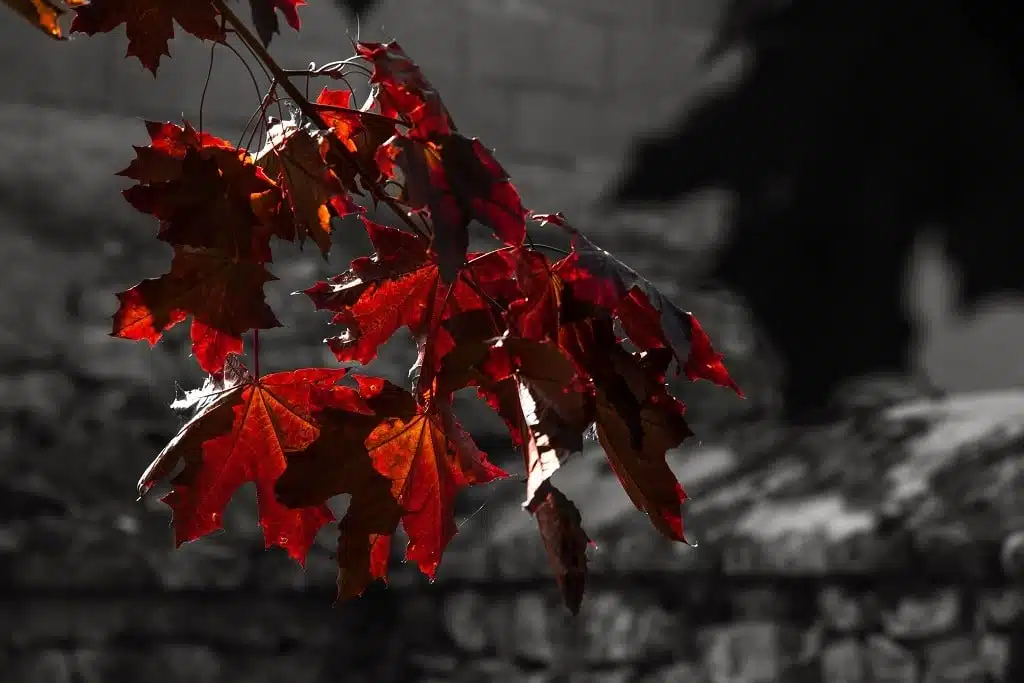
“The Cross Of Snow” by Henry Wadsworth Longfellow
In the long, sleepless watches of the night,
A gentle face — the face of one long dead —
Looks at me from the wall, where round its head
The night-lamp casts a halo of pale light.
Here in this room she died; and soul more white
Never through martyrdom of fire was led
To its repose; nor can in books be read
The legend of a life more benedight.
There is a mountain in the distant West
That, sun-defying, in its deep ravines
Displays a cross of snow upon its side.
Such is the cross I wear upon my breast
These eighteen years, through all the changing scenes
And seasons, changeless since the day she died.
“Niobe” by Henrietta Cordelia Ray
O mother-heart! when fast the arrows flew,
Like blinding lightning, smiting as they fell,
One after one, one after one, what knell
Could fitly voice thy anguish! Sorrow grew
To throes intensest, when thy sad soul knew
Thy youngest, too, must go. Was it not well,
Avengers wroth, just one to spare? Ay, tell
The ages of soul-struggle sterner? Through
The flinty stone, O image of despair,
Sad Niobe, thy maddened grief did flow
In bitt’rest tears, when all thy wailing prayer
Was so denied. Alas! what weight of woe
Is prisoned in thy melancholy eyes!
What mother-love beneath the Stoic lies!
“I Measure Every Grief I Meet” by Emily Dickinson
I measure every Grief I meet
With narrow, probing, eyes –
I wonder if It weighs like Mine –
Or has an Easier size.
I wonder if They bore it long –
Or did it just begin –
I could not tell the Date of Mine –
It feels so old a pain –
I wonder if it hurts to live –
And if They have to try –
And whether – could They choose between –
It would not be – to die –
I note that Some – gone patient long –
At length, renew their smile –
An imitation of a Light
That has so little Oil –
I wonder if when Years have piled –
Some Thousands – on the Harm –
That hurt them early – such a lapse
Could give them any Balm –
Or would they go on aching still
Through Centuries of Nerve –
Enlightened to a larger Pain –
In Contrast with the Love –
The Grieved – are many – I am told –
There is the various Cause –
Death – is but one – and comes but once –
And only nails the eyes –
There’s Grief of Want – and grief of Cold –
A sort they call “Despair” –
There’s Banishment from native Eyes –
In sight of Native Air –
And though I may not guess the kind –
Correctly – yet to me
A piercing Comfort it affords
In passing Calvary –
To note the fashions – of the Cross –
And how they’re mostly worn –
Still fascinated to presume
That Some – are like my own –

“Remember” by Christina Rossetti
Remember me when I am gone away,
Gone far away into the silent land;
When you can no more hold me by the hand,
Nor I half turn to go yet turning stay.
Remember me when no more day by day
You tell me of our future that you plann’d:
Only remember me; you understand
It will be late to counsel then or pray.
Yet if you should forget me for a while
And afterwards remember, do not grieve:
For if the darkness and corruption leave
A vestige of the thoughts that once I had,
Better by far you should forget and smile
Than that you should remember and be sad.
“Spring in War-Time” by Sara Teasdale
I feel the spring far off, far off,
The faint, far scent of bud and leaf—
Oh, how can spring take heart to come
To a world in grief,
Deep grief?
The sun turns north, the days grow long,
Later the evening star grows bright—
How can the daylight linger on
For men to fight,
Still fight?
The grass is waking in the ground,
Soon it will rise and blow in waves—
How can it have the heart to sway
Over the graves,
New graves?
Under the boughs where lovers walked
The apple-blooms will shed their breath—
But what of all the lovers now
Parted by Death,
Grey Death?
“Have Pitty, Griefe: I Can Not Pay” by Peter Hausted
Have pitty, Griefe: I can not pay
The tribute which I owe thee, teares;
Alas those Fountaines are growne dry,
And ’tis in vain to hope supply
For others’ eyes; for each man beares
Enough about him of his owne
To spend his stock of teares upon:
Wooe then the heavens, gentle Love,
To melt a Cloud for my reliefe,
Or wooe the Deepe or wooe the Grave,
Wooe what thou wilt so I may have
Wherewith to pay my debt, for Griefe
Has vow’d, unlesse I quickly pay,
To take both life and love away.

“Sonnets from the Portuguese: Sonnet 5” by Elizabeth Barrett Browning
I lift my heavy heart up solemnly,
As once Electra her sepulchral urn,
And, looking in thine eyes, I overturn
The ashes at thy feet. Behold and see
What a great heap of grief lay hid in me,
And how the red wild sparkles dimly burn
Through the ashen greyness. If thy foot in scorn
Could tread them out to darkness utterly,
It might be well perhaps. But if instead
Thou wait beside me for the wind to blow
The grey dust up….—those laurels on thine head
O my belovèd, will not shield thee so.
That none of all the fires shall scorch and shred
The hair beneath. Stand further off then! go.
“Inarticulate Grief” by Richard Aldington
Let the sea beat its thin torn hands
In anguish against the shore,
Let it moan
Between headland and cliff;
Let the sea shriek out its agony
Across waste sands and marshes,
And clutch great ships,
Tearing them plate from steel plate
In reckless anger;
Let it break the white bulwarks
Of harbour and city;
Let it sob and scream and laugh
In a sharp fury,
With white salt tears
Wet on its writhen face;
Ah! let the sea still be mad
And crash in madness among the shaking rocks—
For the sea is the cry of our sorrow.
“The Stare’s Nest By My Window” by W. B. Yeats
The bees build in the crevices
Of loosening masonry, and there
The mother birds bring grubs and flies.
My wall is loosening, honey bees
Come build in the empty house of the stare.
We are closed in, and the key is turned
On our uncertainty; somewhere
A man is killed, or a house burned,
Yet no clear fact to be discerned:
Come build in the empty house of the stare
A barricade of stone or of wood;
Some fourteen days of civil war;
Last night they trundled down the road
That dead young soldier in his blood:
Come build in the empty house of the stare.
We had fed the heart on fantasies,
The heart’s grown brutal from the fare,
More substance in our enmities
Than in our love; oh, honey-bees
Come build in the empty house of the stare.

“Time Does Not Bring Relief” by Edna St. Vincent Millay
Time does not bring relief; you all have lied
Who told me time would ease me of my pain!
I miss him in the weeping of the rain;
I want him at the shrinking of the tide;
The old snows melt from every mountain-side,
And last year’s leaves are smoke in every lane;
But last year’s bitter loving must remain
Heaped on my heart, and my old thoughts abide.
There are a hundred places where I fear
To go,—so with his memory they brim.
And entering with relief some quiet place
Where never fell his foot or shone his face
I say, “There is no memory of him here!”
And so stand stricken, so remembering him.
“To Theodore” by George Marion McClellan
Such are the little memories of you;
They come and go, return and lie apart
From all main things of life; yet more than they,
With noiseless feet, they come and grip the heart.
Gay laughter leading quick and stormy tears,
Then smiles again and pulse of flying feet,
In breathless chase of fleeting gossamers,
Are memories so dear, so bitter-sweet.
No more are echoes of your flying feet.
Hard by, where Pike’s Peak rears its head in state,
The erstwhile rushing feet, with halting steps,
For health’s return in Denver watch and wait.
But love and memories of noiseless tread,
Where angels hovered once, all shining fair,
To tuck you in your little trundle bed,
Kneel nightly now in agony of prayer.
“Dead” by Winifred M. Letts
In misty cerements they wrapped the word
My heart had feared so long: dead… dead… I heard
But marvelled they could think the thing was true
Because death cannot be for such as you.
So while they spoke kind words to suit my need
Of foolish idle things my heart took heed,
Your racquet and worn-out tennis shoe,
Your pipe upon the mantel,—then a bird
Upon the wind-tossed larch began to sing
And I remembered how one day in Spring
You found the wren’s nest in the wall and said
“Hush!… listen! I can hear them quarrelling…”
The tennis court is marked, the wrens are fled,
But you are dead, beloved, you are dead

“The End” by D. H. Lawrence
If I could have put you in my heart,
If but I could have wrapped you in myself,
How glad I should have been!
And now the chart
Of memory unrolls again to me
The course of our journey here, here where we part.
And of, that you had never, never been
Some of your selves, my love, that some
Of your several faces I had never seen!
And still they come before me, and they go,
And I cry aloud in the moments that intervene.
And oh, my love, as I rock for you to-night,
And have not any longer and hope
To heal the suffering, or to make requite
For all your life of asking and despair,
I own that some of me is dead to-night.
“Autumn” by Siegfried Sassoon
October’s bellowing anger breaks and cleaves
The bronzed battalions of the stricken wood
In whose lament I hear a voice that grieves
For battle’s fruitless harvest, and the feud
Of outraged men. Their lives are like the leaves
Scattered in flocks of ruin, tossed and blown
Along the westering furnace flaring red.
O martyred youth and manhood overthrown,
The burden of your wrongs is on my head.
“Dirge Without Music” by Edna St. Vincent Millay
I am not resigned to the shutting away of loving hearts in the hard ground.
So it is, and so it will be, for so it has been, time out of mind:
Into the darkness they go, the wise and the lovely. Crowned
With lilies and with laurel they go; but I am not resigned.
Lovers and thinkers, into the earth with you.
Be one with the dull, the indiscriminate dust.
A fragment of what you felt, of what you knew,
A formula, a phrase remains,—but the best is lost.
The answers quick and keen, the honest look, the laughter, the love,—
They are gone. They are gone to feed the roses. Elegant and curled
Is the blossom. Fragrant is the blossom. I know. But I do not approve.
More precious was the light in your eyes than all the roses in the world.
Down, down, down into the darkness of the grave
Gently they go, the beautiful, the tender, the kind;
Quietly they go, the intelligent, the witty, the brave.
I know. But I do not approve. And I am not resigned.

“Loss” by Winifred M. Letts
In losing you I lost my sun and moon
And all the stars that blessed my lonely night.
I lost the hope of Spring, the joy of June,
The Autumn’s peace, the Winter’s firelight.
I lost the zest of living, the sweet sense
Expectant of your step, your smile, your kiss;
I lost all hope and fear and keen suspense
For this cold calm, sans agony, sans bliss.
I lost the rainbow’s gold, the silver key
That gave me freedom of my town of dreams;
I lost the path that leads to Faërie
By beechen glades and heron-haunted streams.
I lost the master word, dear love, the clue
That threads the maze of life when I lost you.
Poems About Grief and Healing
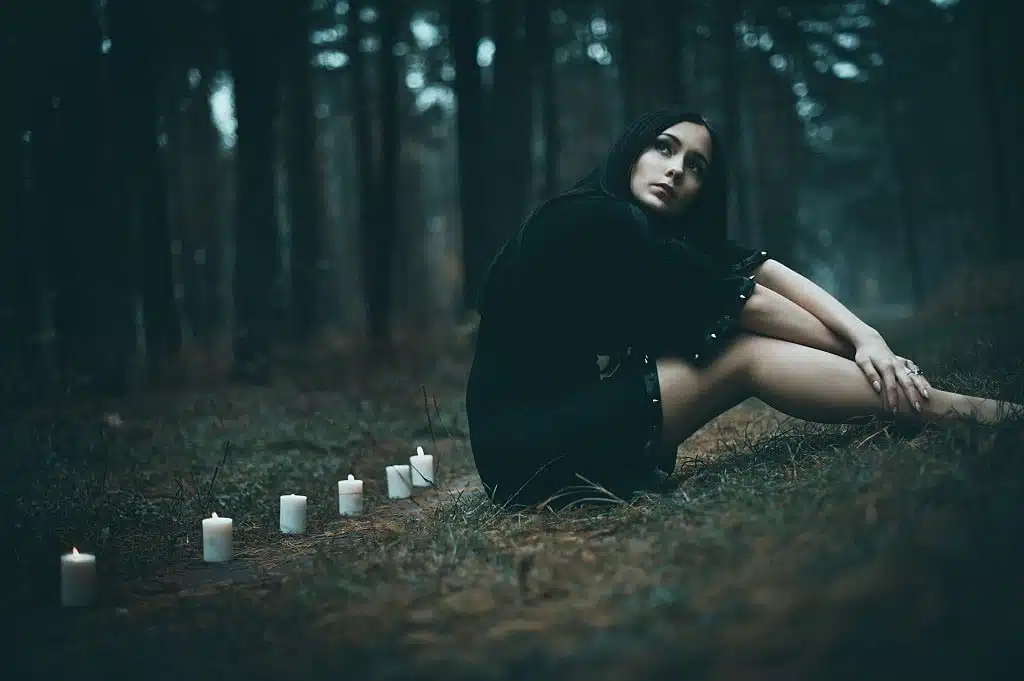
“The Grief” by Theodosia Garrison
The heart of me’s an empty thing, that never stirs at all
For Moon-shine or Spring-time, or a far bird’s call.
I only know ’tis living by a grief that shakes it so,–
Like an East wind in Autumn, when the old nests blow.
Grey Eyes and Black Hair, ’tis never you I blame.
‘Tis long years and easy years since last I spoke your name.
And I’m long past the knife-thrust I got at wake or fair.
Or looking past the lighted door and fancying you there.
Grey Eyes and Black Hair–the grief is never this;
I’ve long forgot the soft arms–the first, wild kiss.
But, Oh, girl that tore my youth,–’tis this I have to bear,–
If you were kneeling at my feet I’d neither stay nor care.
“Lament” by Edna St. Vincent Millay
Listen, children:
Your father is dead.
From his old coats
I’ll make you little jackets;
I’ll make you little trousers
From his old pants.
There’ll be in his pockets
Things he used to put there,
Keys and pennies
Covered with tobacco;
Dan shall have the pennies
To save in his bank;
Anne shall have the keys
To make a pretty noise with.
Life must go on,
And the dead be forgotten;
Life must go on,
Though good men die;
Anne, eat your breakfast;
Dan, take your medicine;
Life must go on;
I forget just why.
“A Mother to the War-Makers” by Margaret Widdemer
This is my son that you have taken,
Guard lest your gold-vault walls be shaken,
Never again to speak or waken.
This, that I gave my life to make,
This you have bidden the vultures break—
Dead for your selfish quarrel’s sake!
This that I built all of my years,
Made with my strength and love and tears,
Dead for pride of your shining spears!
Just for your playthings bought and sold
You have crushed to a heap of mold
Youth and life worth a whole world’s gold—
This was my son, that you have taken,
Guard lest your gold-vault walls be shaken—
This—that shall never speak or waken!
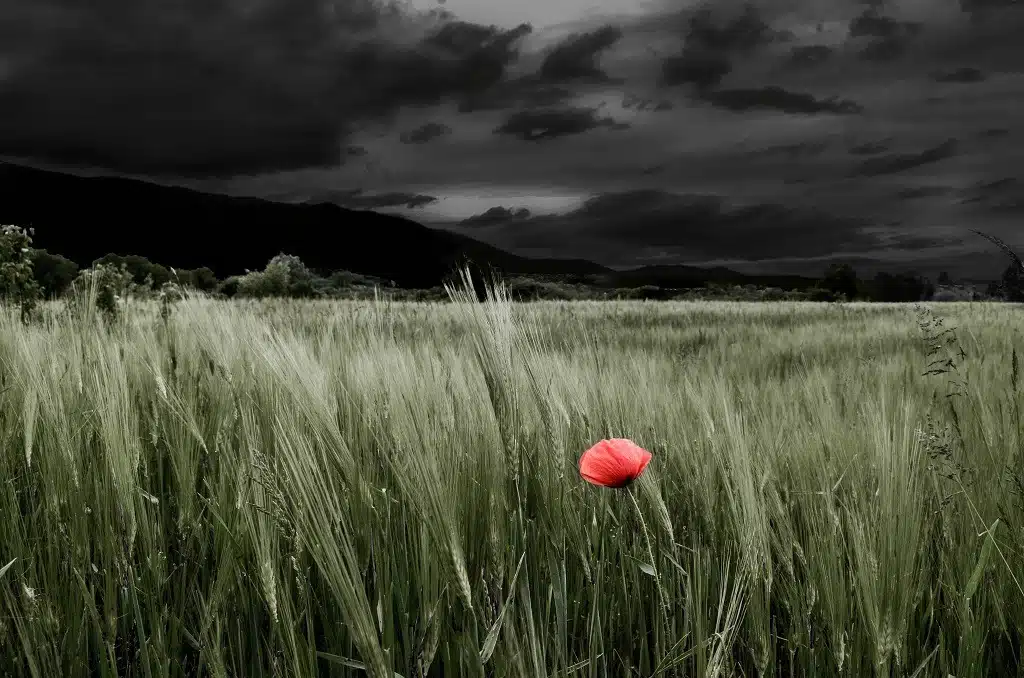
“Sadly, O, Sadly” by Walter De La Mare
Sadly, O, sadly, the sweet bells of Baddeley
Played in their steeples when Robin was gone,
Killed by an arrow,
Shot by Cock Sparrow,
Out of a Maybush, fragrant and wan.
Grievedly, grievedly, tolled distant Shieveley,
When the Dwarfs laid poor Snow-white asleep on the hill,
Drowsed by an apple,
The Queen, sly and subtle,
Had cut with her knife on the blossomy sill.
“A Brown Girl Dead” by Countee Cullen
With two white roses on her breasts,
White candles at head and feet,
Dark Madonna of the grave she rests;
Lord Death has found her sweet.
Her mother pawned her wedding ring
To lay her out in white;
She’d be so proud she’d dance and sing
To see herself tonight.
“From Sonnets in Shadow” by Arlo Bates
Ever for consolation grief is told
How worse might be, and woe be heaped on woe,—
As if the present pain were softened so,
Made less by fancied evils manifold.
Would the impoverished diver be consoled,
When from his hand the pearl, like melting snow,
Slips to plunge darkling in the tide below,
That the void shell has not escaped his hold?
When love has from our longing arms been torn,
What boots it if the empty world we grasp?
To those who this supreme bereavement mourn
It little matters what woe follows fast!
The worst that fate can do already borne,
The very meaning of such dread is past.
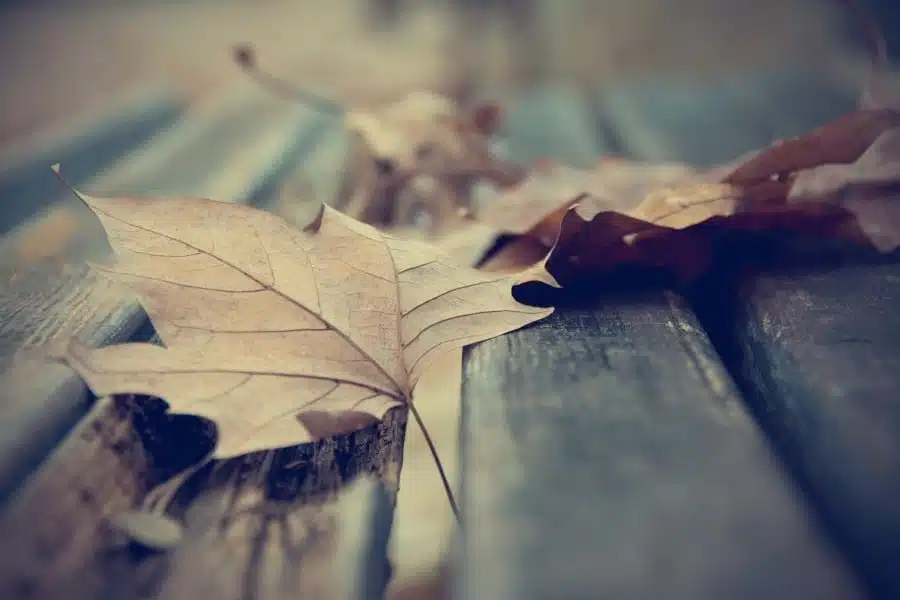
“Here Lies a Lady” by John Crowe Ransom
Here lies a lady of beauty and high degree.
Of chills and fever she died, of fever and chills,
The delight of her husband, her aunts, an infant of three,
And of medicos marvelling sweetly on her ills.
For either she burned and her confident eyes would blaze,
And her fingers fly in a manner to puzzle their heads—
What was she making? Why, nothing; she sat in a maze
Of old scraps of laces, snipped into curious shreds—
Or this would pass, and the light of her fire decline
Till she lay discouraged and cold as a thin stalk white and blown,
And would not open her eyes, to kisses, to wine;
The sixth of these states was her last; the cold settled down.
Sweet ladies, long may ye bloom, and toughly I hope ye may thole,
But was she not lucky? In flowers and lace and mourning,
In love and great honour we bade God rest her soul
After six little spaces of chill, and six of burning.
“Dunbar” by Anne Spencer
Ah, how poets sing and die!
Make one song and Heaven takes it;
Have one heart and Beauty breaks it;
Chatterton, Shelley, Keats, and I—
Ah, how poets sing and die!
“Song of Myself, 18” by Walt Whitman
With music strong I come, with my cornets and my drums,
I play not marches for accepted victors only, I play marches for conquer’d and slain persons.
Have you heard that it was good to gain the day?
I also say it is good to fall, battles are lost in the same spirit in which they are won.
I beat and pound for the dead,
I blow through my embouchures my loudest and gayest for them.
Vivas to those who have fail’d!
And to those whose war-vessels sank in the sea!
And to those themselves who sank in the sea!
And to all generals that lost engagements, and all overcome heroes!
And the numberless unknown heroes equal to the greatest heroes known!
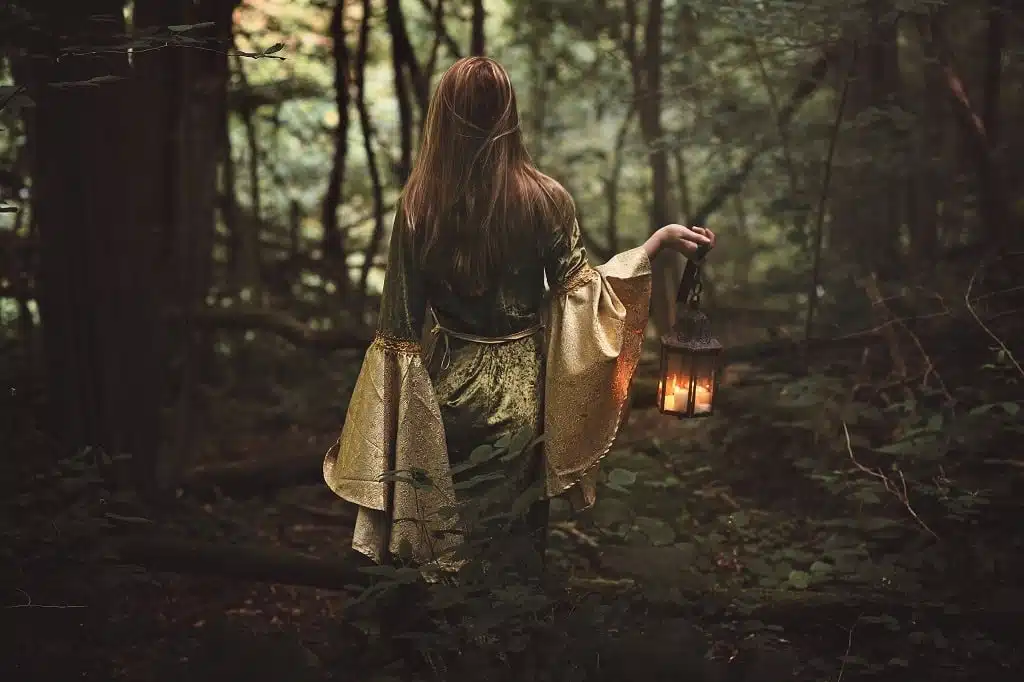
“Enigma” by Leonora Speyer
It would be easy to forgive,
If I could but remember;
If I could hear, lost love of mine,
The music of your cruelties,
Shaking to sound the silent skies,
Could voice with them their song divine,
Red with pain’s leaping ember:
It would be easy to forgive,
If I could but remember.
It would be easy to forget,
If I could find lost Sorrow;
If I could kiss her plaintive face,
And break with her her bitter bread,
Could share again her woeful bed,
And know with tears her pale embrace.
Make yesterday, to-morrow:
It would be easy to forget,
If I could find lost Sorrow.
“I Have No Wealth of Grief” by Lucy Knox
I have no wealth of grief; no sobs, no tears,
Not any sighs, no words, no overflow
Nor storms of passion, no reliefs; yet oh!
I have a leaden grief, and with it fears
Lest they who think there ’s nought where nought appears
May say I never loved him. Ah not so!
Love for him fills my heart; if grief is slow
In utterance, remember that for years
Love was a habit and the grief is new,
So new a thing it has no language yet.
Tears crowd my heart: with eyes that are not wet
I watch the rain-drops, silent, large, and few,
Blotting a stone; then, comforted, I take
Those drops to be my tears, shed for his sake.
“In Memoriam F. A. S.” by Robert Louis Stevenson
Yet, O stricken heart, remember, O remember
How of human days he lived the better part.
April came to bloom and never dim December
Breathed its killing chills upon the head or heart.
Doomed to know not winter, only spring, a being
Trod the flowery April blithely for a while,
Took his fill of music, joy of thought and seeing,
Came and stayed and went, nor ever ceased to smile.
Came and stayed and went, and now when all is finished,
You alone have crossed the melancholy stream,
Yours the pang, but his, O his, the undiminished
Undecaying gladness, undeparted dream.
All that life contains of torture, toil, and treason,
Shame, dishonor, death, to him were but a name.
Here, a boy, he dwelt through all the singing season
And ere the day of sorrow departed as he came.
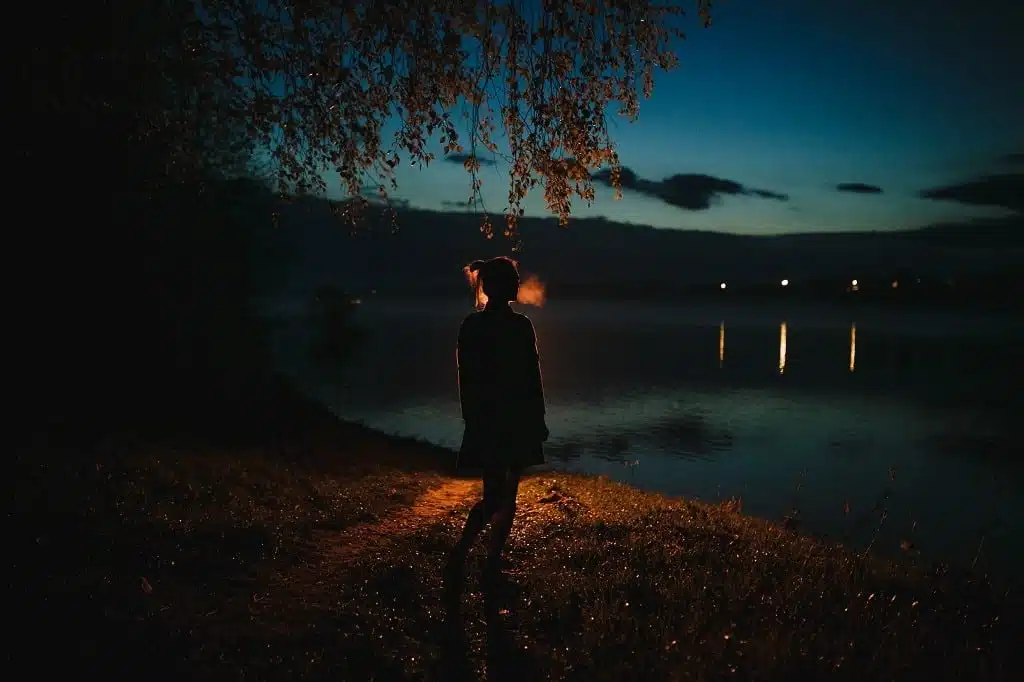
“Sorrow’s Treachery” by Robert Fuller Murray
I made a truce last night with Sorrow,
The queen of tears, the foe of sleep,
To keep her tents until the morrow,
Nor send such dreams to make me weep.
Before the lusty day was springing,
Before the tired moon was set,
I dreamed I heard my dead love singing,
And when I woke my eyes were wet.
“December, 1919” by Claude McKay
Last night I heard your voice, mother,
The words you sang to me
When I, a little barefoot boy,
Knelt down against your knee.
And tears gushed from my heart, mother,
And passed beyond its wall,
But though the fountain reached my throat
The drops refused to fall.
‘Tis ten years since you died, mother,
Just ten dark years of pain,
And oh, I only wish that I
Could weep just once again.
“Sorrow. A Quatrain.” by Madison Julius Cawein
Death takes her hand and leads her through the waste
Of her own soul, wherein she hears the voice
Of lost Love’s tears, and, famishing, can but taste
The dead-sea fruit of Life’s remembered joys.
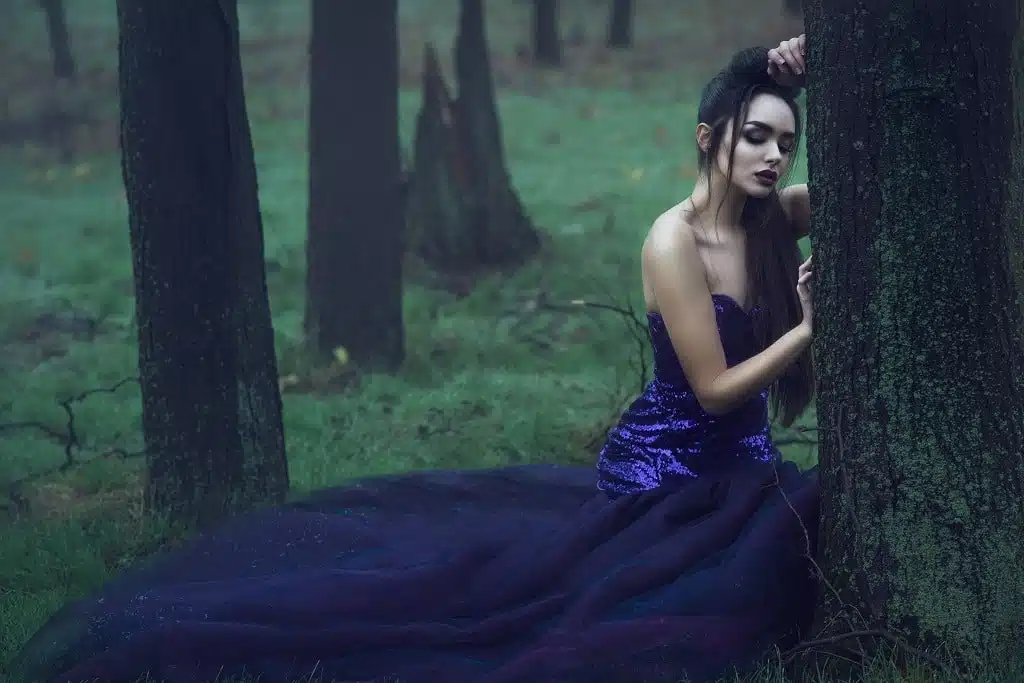
“To Keep the Memory of Charlotte Forten Grimké” by Angelina Weld Grimké
Still are there wonders of the dark and day:
The muted shrilling of shy things at night,
So small beneath the stars and moon;
The peace, dream-frail, but perfect while the light
Lies softly on the leaves at noon.
These are, and these will be
Until eternity;
But she who loved them well has gone away.
Each dawn, while yet the east is veiléd grey,
The birds about her window wake and sing;
And far away, each day, some lark
I know is singing where the grasses swing;
Some robin calls and calls at dark.
These are, and these will be
Until eternity;
But she who loved them well has gone away.
The wild flowers that she loved down green ways stray;
Her roses lift their wistful buds at dawn,
But not for eyes that loved them best;
Only her little pansies are all gone,
Some lying softly on her breast.
And flowers will bud and be
Until eternity;
But she who loved them well has gone away.
Where has she gone? And who is there to say?
But this we know: her gentle spirit moves
And is where beauty never wanes,
Perchance by other streams, mid other groves;
And to us there, ah! she remains
A lovely memory
Until eternity;
She came, she loved, and then she went away.
“Sorrows For a Friend” by John Clare
Ye brown old oaks that spread the silent wood,
How soothing sweet your stillness used to be;
And still could bless, when wrapt in musing mood,
But now confusion suits the best to me.
“Is it for love,” the breezes seem to say,
“That you forsake our woodland silence here?
Is it for love, you roam so far away
From these still shades you valu’d once so dear?”
“No, breezes, no!”–I answer with a sigh,
“Love never could so much my bosom grieve;
Turnhill, my friend!–alas! so soon to die–
That is the grief which presses me to leave:
Though noise can’t heal, it may some balm bestow;
But silence rankles in the wounds of woe.”
“Song. Sorrow” by Percy Bysshe Shelley
To me this world’s a dreary blank,
All hopes in life are gone and fled,
My high strung energies are sank,
And all my blissful hopes lie dead.–
The world once smiling to my view,
Showed scenes of endless bliss and joy;
The world I then but little knew,
Ah! little knew how pleasures cloy;
All then was jocund, all was gay,
No thought beyond the present hour,
I danced in pleasure’s fading ray,
Fading alas! as drooping flower.
Nor do the heedless in the throng,
One thought beyond the morrow give,
They court the feast, the dance, the song,
Nor think how short their time to live.
The heart that bears deep sorrow’s trace,
What earthly comfort can console,
It drags a dull and lengthened pace,
‘Till friendly death its woes enroll.–
The sunken cheek, the humid eyes,
E’en better than the tongue can tell;
In whose sad breast deep sorrow lies,
Where memory’s rankling traces dwell.–
The rising tear, the stifled sigh,
A mind but ill at ease display,
Like blackening clouds in stormy sky,
Where fiercely vivid lightnings play.
Thus when souls’ energy is dead,
When sorrow dims each earthly view,
When every fairy hope is fled,
We bid ungrateful world adieu.
AUGUST, 1810.

“Grief” by Emma Lazarus
There is a hungry longing in the soul,
A craving sense of emptiness and pain,
She may not satisfy nor yet control,
For all the teeming world looks void and vain.
No compensation in eternal spheres,
She knows the loneliness of all her years.
There is no comfort looking forth nor back,
The present gives the lie to all her past.
Will cruel time restore what she doth lack?
Why was no shadow of this doom forecast?
Ah! she hath played with many a keen-edged thing;
Naught is too small and soft to turn and sting.
